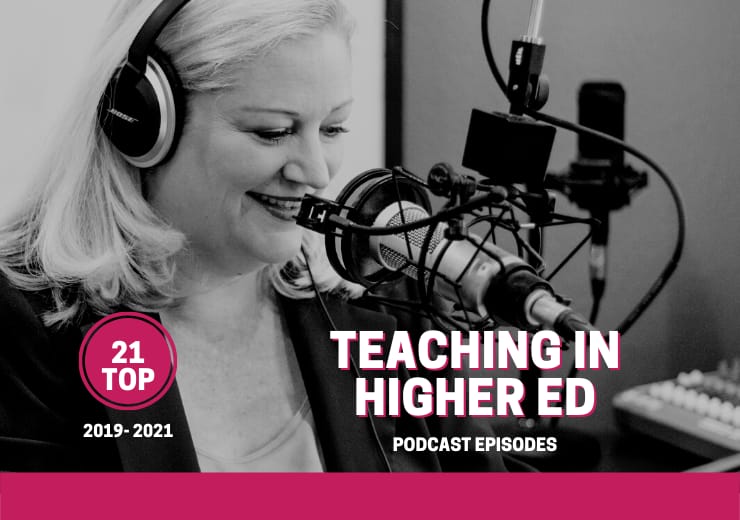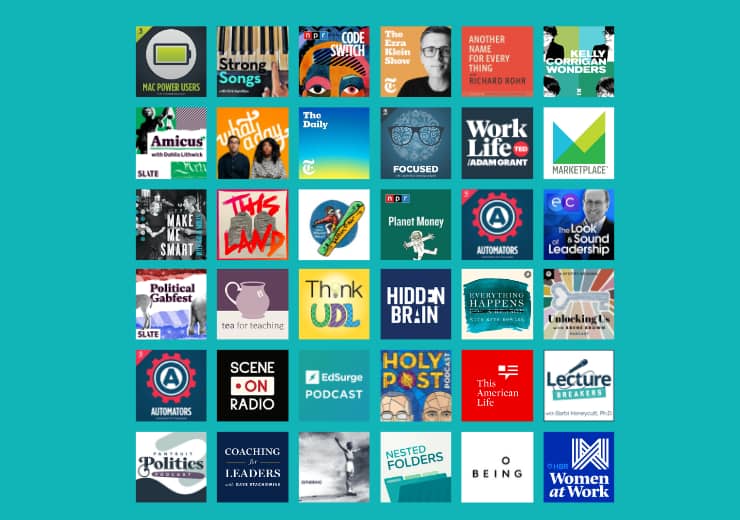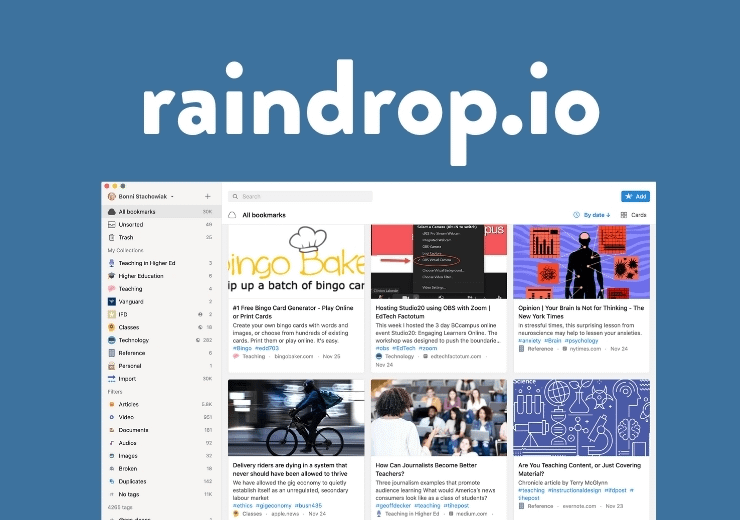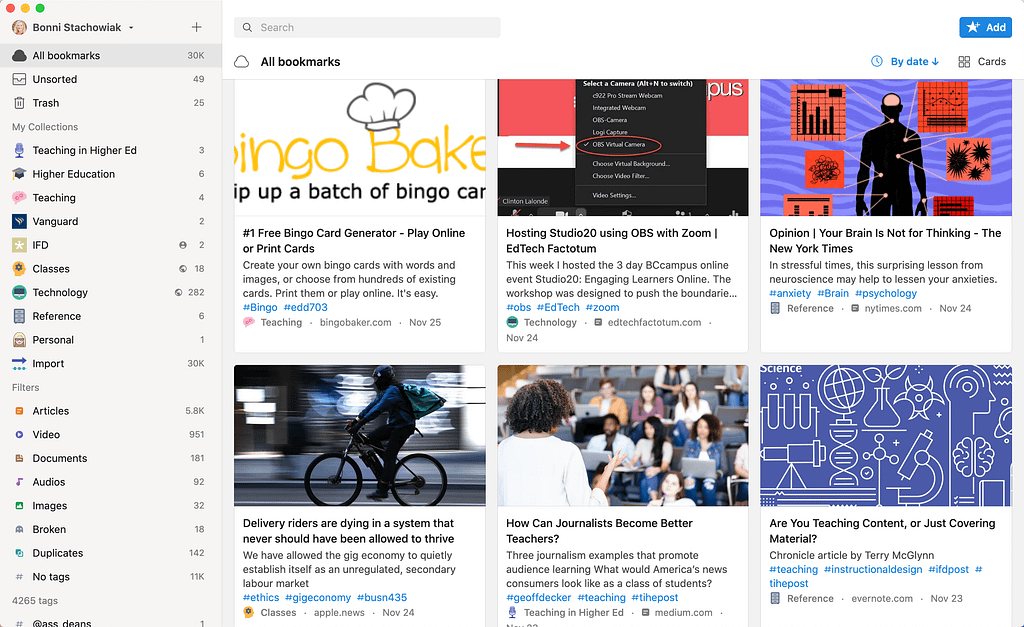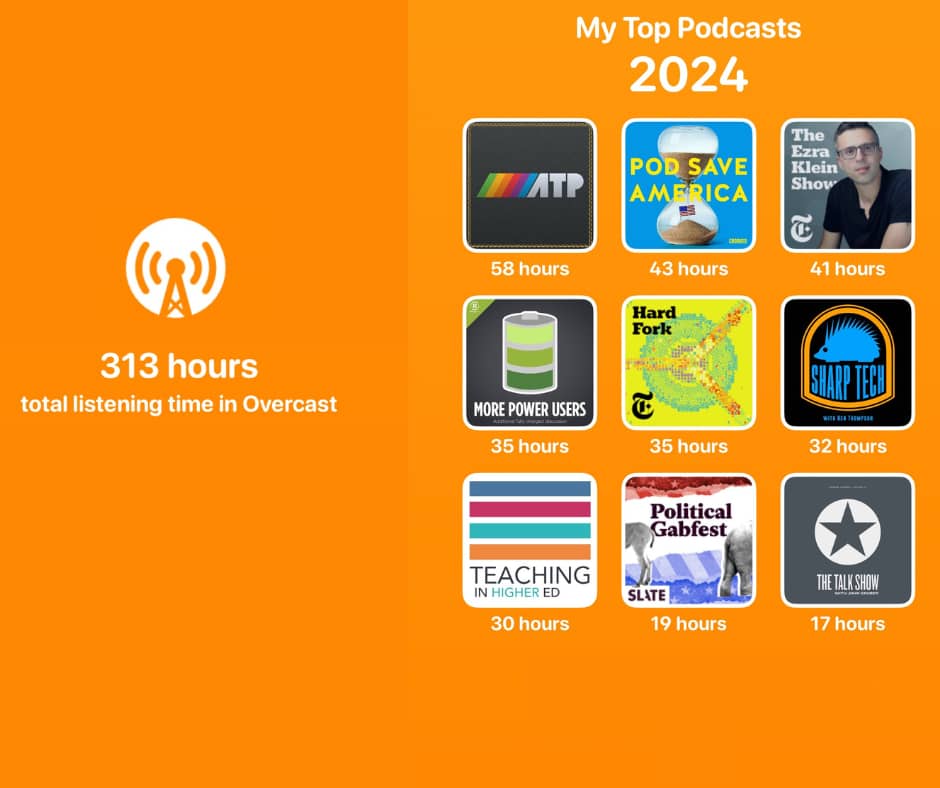
Dave posted on LinkedIn about a recent podcast catcher app update which has both of us looking at our listening habits for this year so far. I didn’t realize that Marco had put out an Overcast update until Dave tagged me in his post. Like Dave, Overcast is my favorite podcast app. Here are some reasons why:
- Playlists: I can organize my favorite podcasts and hone in on just what I’m in the mood to listen to at a given time. My categories include: Priority; Business + Economics; News; Politics + Law; Productivity; Teaching, etc.
- Smart speed: As Dave mentioned in his post, it is a subtle shift that adds up over time.
- Queue: There are one-off episodes that I’ll want to be sure to listen to, but I may not want to subscribe to all future episodes of a given podcast. That’s easy to accomplish by setting up a queue playlist in Overcast.
Dave highlighted what podcasts he pays for, which means that they can be listened to ad-free. We both like that we can support the makers of the shows in that way. I pay for the following shows: Accidental Tech Podcast (ATP); Mac Power Users; Sharp Tech, The Talk Show; The Political Gabfest (via a Slate subscription); and Hard Fork and The Ezra Klein Show (via our New York Times subscription).Now that the election is over, I imagine that my top podcasts will change and that over the next year will wind up being:
- ATP (Accidental Tech Podcast): “Three nerds discussing tech, Apple, programming, and loosely related matters.”
- Hard Fork: Often humorous exploration of the intersection of technology, culture, and the future.
- The Ezra Klein Show: A phenomenal interviewer and writer discusses politics, philosophy, and culture. Ezra knows how to have rich conversations with people who agree and disagree with his views.
- Mac Power Users: They keep me challenged in a good way to get the most out of my Mac and other Apple products and bring joy to my life.
- Teaching in Higher Ed: Listening to my own podcast makes me seek to continue to get better as an interviewer. Plus, I can deepen the learning from having interviewed someone when I can relax more and consider what actions I may want to take from the conversations.
Some favorites don’t come out as often as other podcasts that I listen to, so won’t show up on my top listens. I also devote time to almost all of Tom Henschel‘s The Look and Sound of Leadership podcast (which only airs once a month), many of Dave’s Coaching for Leaders episodes, and John Biewen‘s Scene on Radio.
It was wild to me to see how many more hours Dave listened to podcasts than me so far in 2024 (and something tells me I’m not going to catch him by the year’s end). Some of that is likely attributable to Dave running 3-4 times per week and always listening to podcasts during his workouts via his Apple Watch (phone free). Me? I mix things up in my exercise practices by often doing walk ’n talks with friends over the phone, or doing Apple Fitness workouts (which are such a great way to infuse music that I love into my exercise).
What podcasts are you listening to most these days?

